In South Korea, Samsung’s largest labor union has announced an indefinite strike following a three-day walkout that was unable to force tech giant Samsung Electronics to negotiate with the group’s demands.
The workers are demonstrating to try to secure better pay, bonuses, and a more favorable leave policy.
Strike Announcment

On Wednesday, the National Samsung Electronics Union (NSEU) which is 31,000 members strong, announced that it would join an indefinite strike on July 10 in what is being reported as the largest labor action in the company’s history. A statement by the NSEU didn’t specify how many of its members would be participating.
The members of NSEU represent almost a quarter of the entire company’s labor force in South Korea and such a strike could threaten productivity.
Samsung Walkout
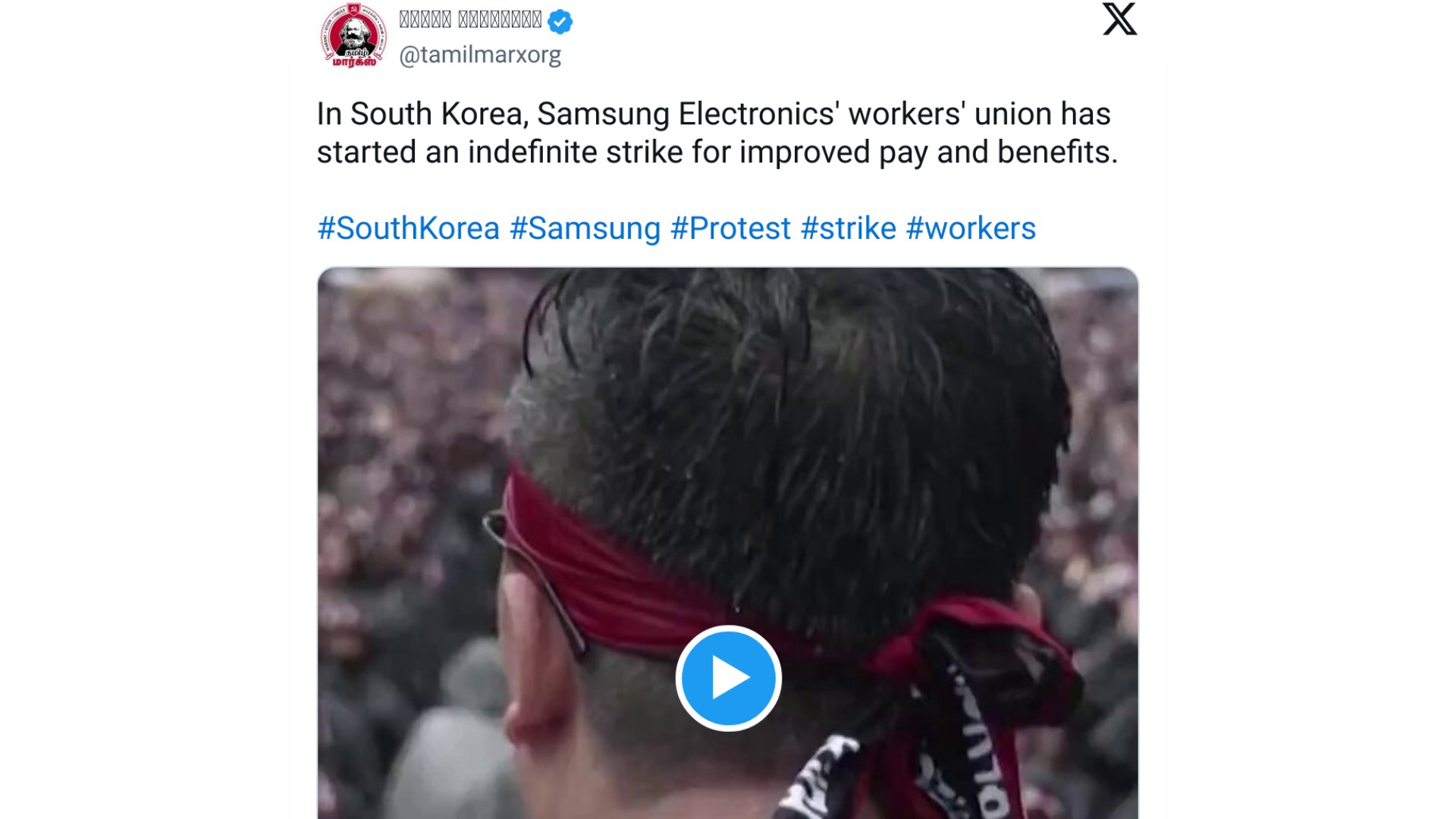
This latest announcement from the NSEU follows a walkout from a Samsung semiconductor division carried out earlier this week by 6,000 workers that failed to produce any results to resolve the ongoing labor dispute with the company.
The three-day walkout which started Monday was originally intended to only be a temporary strike, but with no reaction from the company the stakes have been raised.
NSEU Statement

In their statement, the NSEU expressed hope that this labor action will force Samsung Electronics “to kneel down” and cause the company to “regret” the decision not to negotiate.
“We are confident of our victory,” the union statement said.
Samsung’s Response
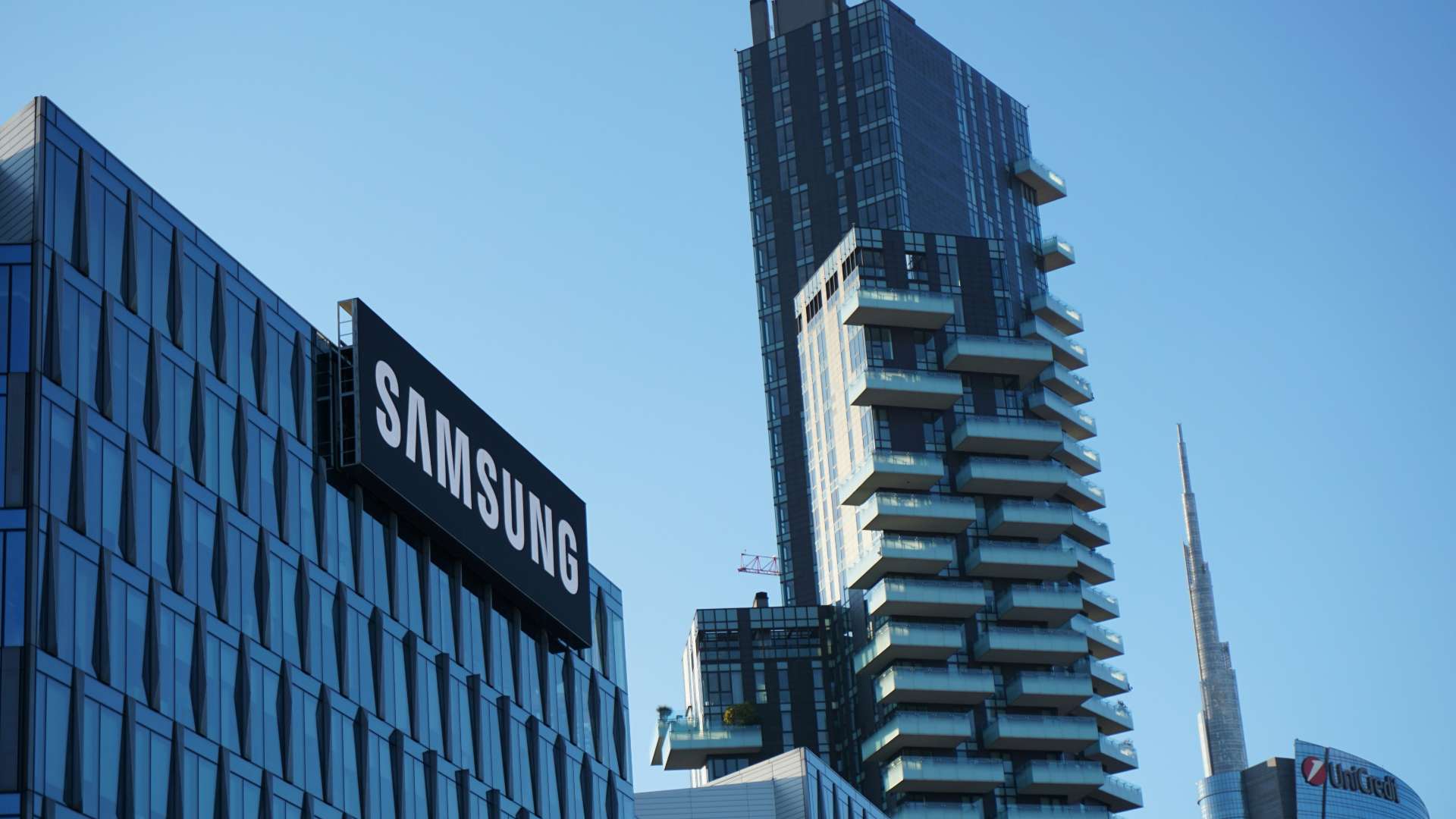
The company issued a statement in response to the strike threat, reassuring the public that its production will continue.
“Samsung Electronics will ensure no disruptions occur in the production lines,” a Samsung statement said. “The company remains committed to engaging in good faith negotiations with the union.”
Halt to Production
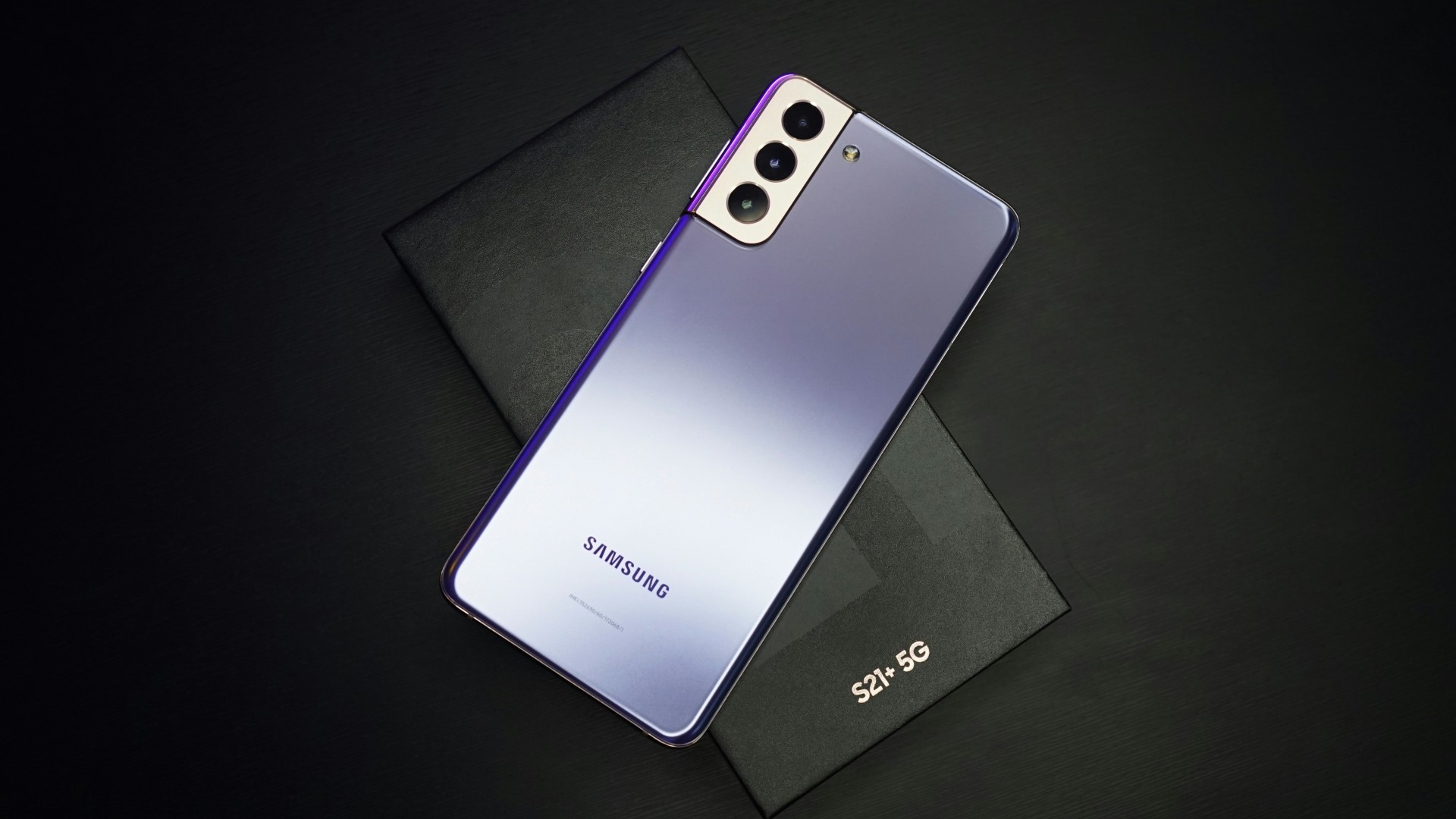
Although Samsung in its response asserted that that the threat of an indefinite strike will not affect its production lines, it’s hard to imagine it will be so simple.
“It will take a long time to restore facilities that are shut down due to a strike,” said union leader Son Woomok to CNN.
Failed Negotiations

Union members and representatives for Samsung Electronics held rounds of talks earlier this year but were unable to reach an agreement then.
Last month, union workers used their annual leave allowance to orchestrate a one-day walkout that those familiar with the negotiations said was the first such labor strike at Samsung Electronics.
History of Union Friction
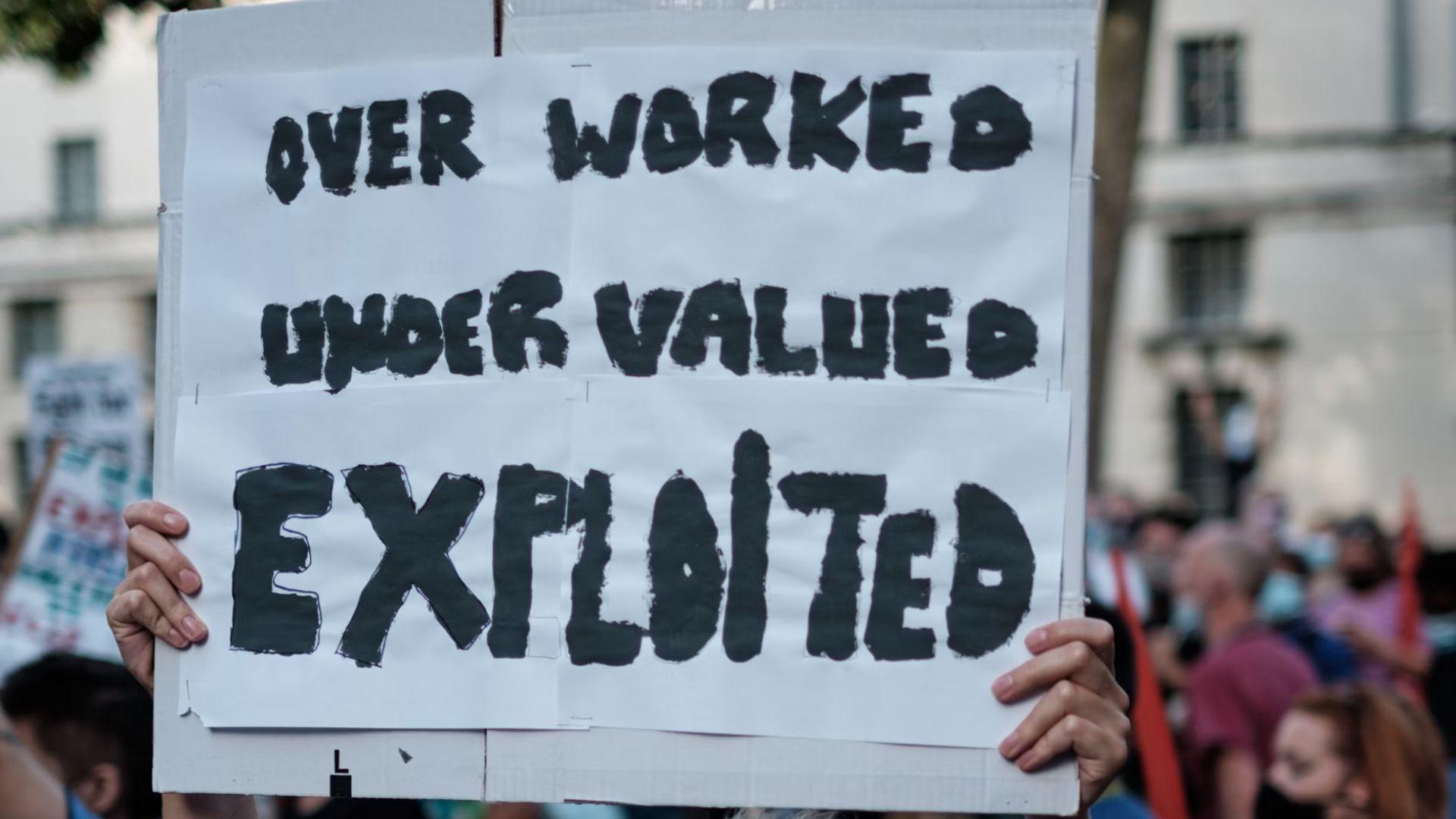
Back in 2020, Samsung came under fire for alleged attempts for trying to suppress the ability of its employees to organize labor unions.
At the time, Samsung Chief Lee Jae-yong held a press conference to apologize for a 2016 scandal and promised to stop hindering unions.
Failing to Comply

Lee bowed in apology after issuing a short statement that the company had failed “at times” to uphold proper ethics and laws.
“Samsung’s technologies and products are continuously praised as top-rate, but people’s views on Samsung remain critical. All this is because of our shortcomings,” said Lee in 2020. “(I) offer a sincere apology to every person who has been hurt by Samsung’s labor union issues.”
Making Chips

Samsung is reportedly the world’s largest memory chip maker and last year invested $228 billion into the world’s largest chip facility.
In recent years, there has been a race by several countries including the United States to expand their chipmaking capabilities as the demands of AI and other new technology make them a critical world resource.
Tough Era for Samsung

Although Samsung is a world powerhouse when it comes to chips, the company itself has been struggling in recent years. The COVID-19 pandemic created a worldwide shortage of computer chips as supply chains and production were interrupted and conditions have still not fully recovered.
In January, Samsung posted what was seen as the weakest earnings report in nearly a decade, where its revenue fell by 14% and its operating profit dropped to the lowest level since 2009.
Not a Small Strike
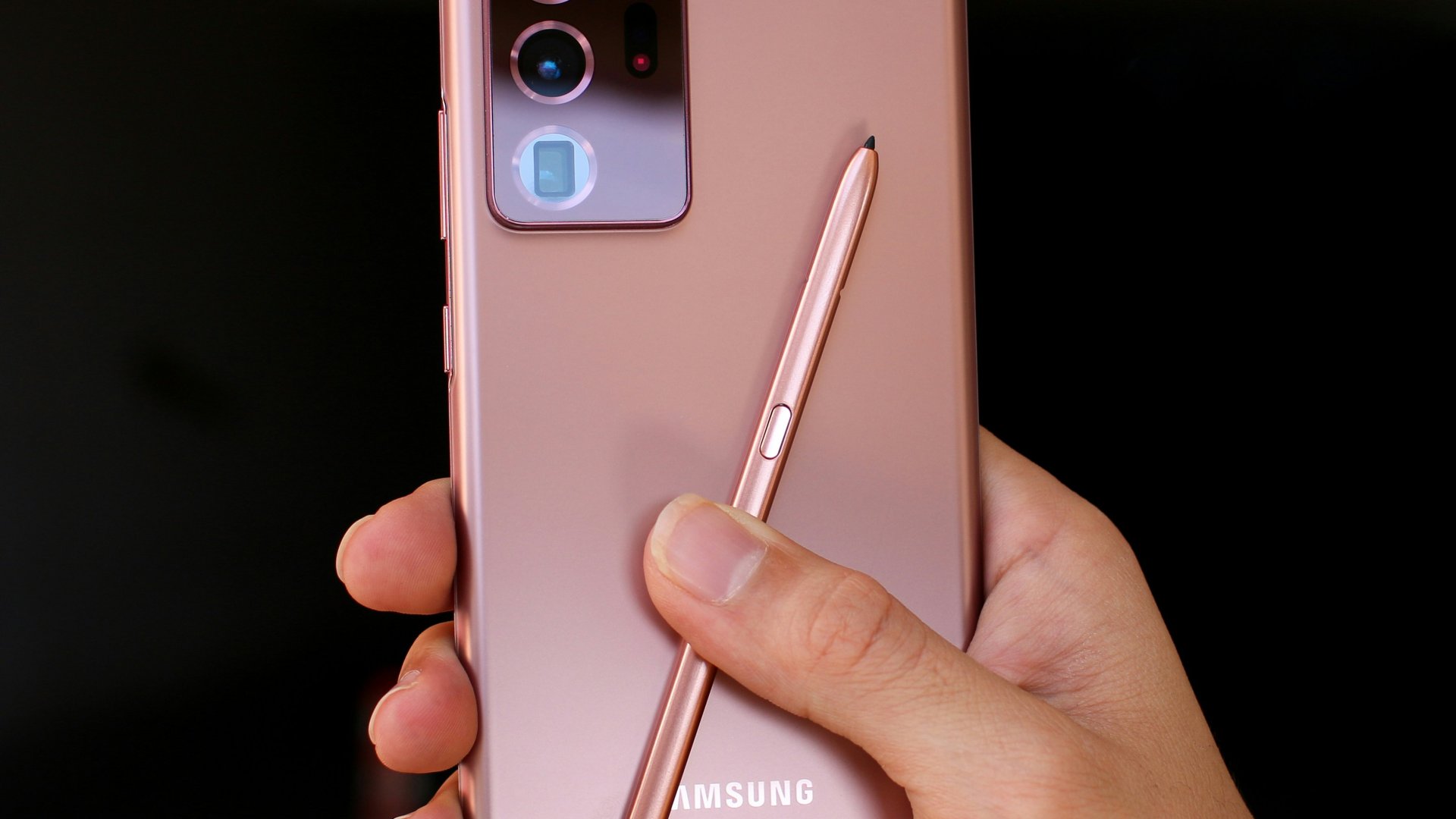
Although a small strike of a few thousand workers may not seem like much compared to Samsung’s estimated 267,000-strong workforce, an unprecedented strike like this should not be underestimated.
It remains to be seen if workers can leverage their numbers to secure demands like a 6.5% raise and benefits improvements that have been long sought after.
